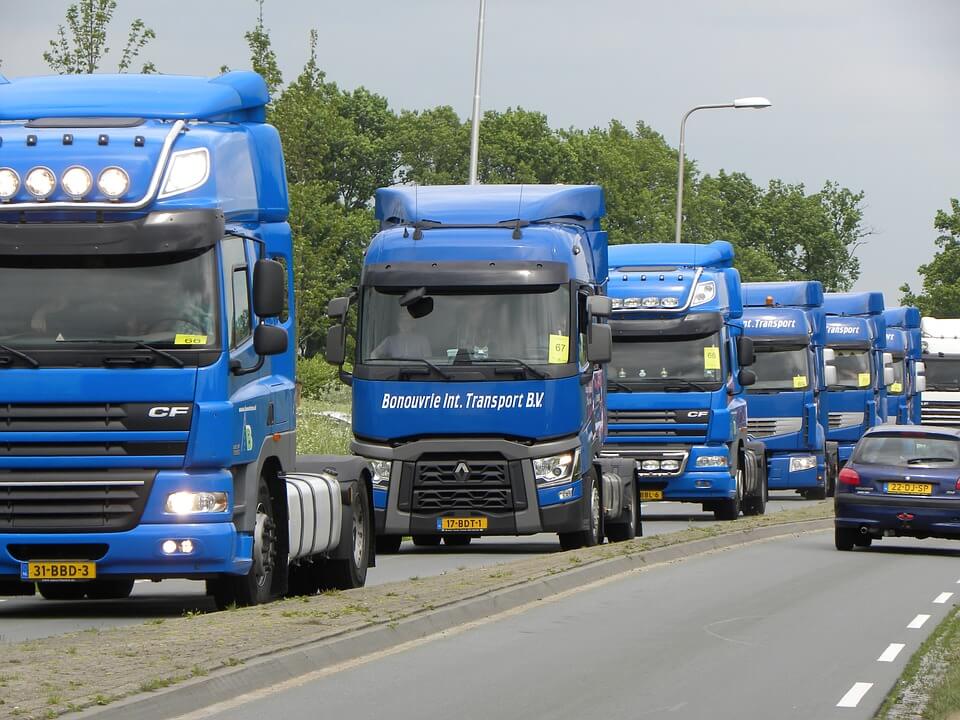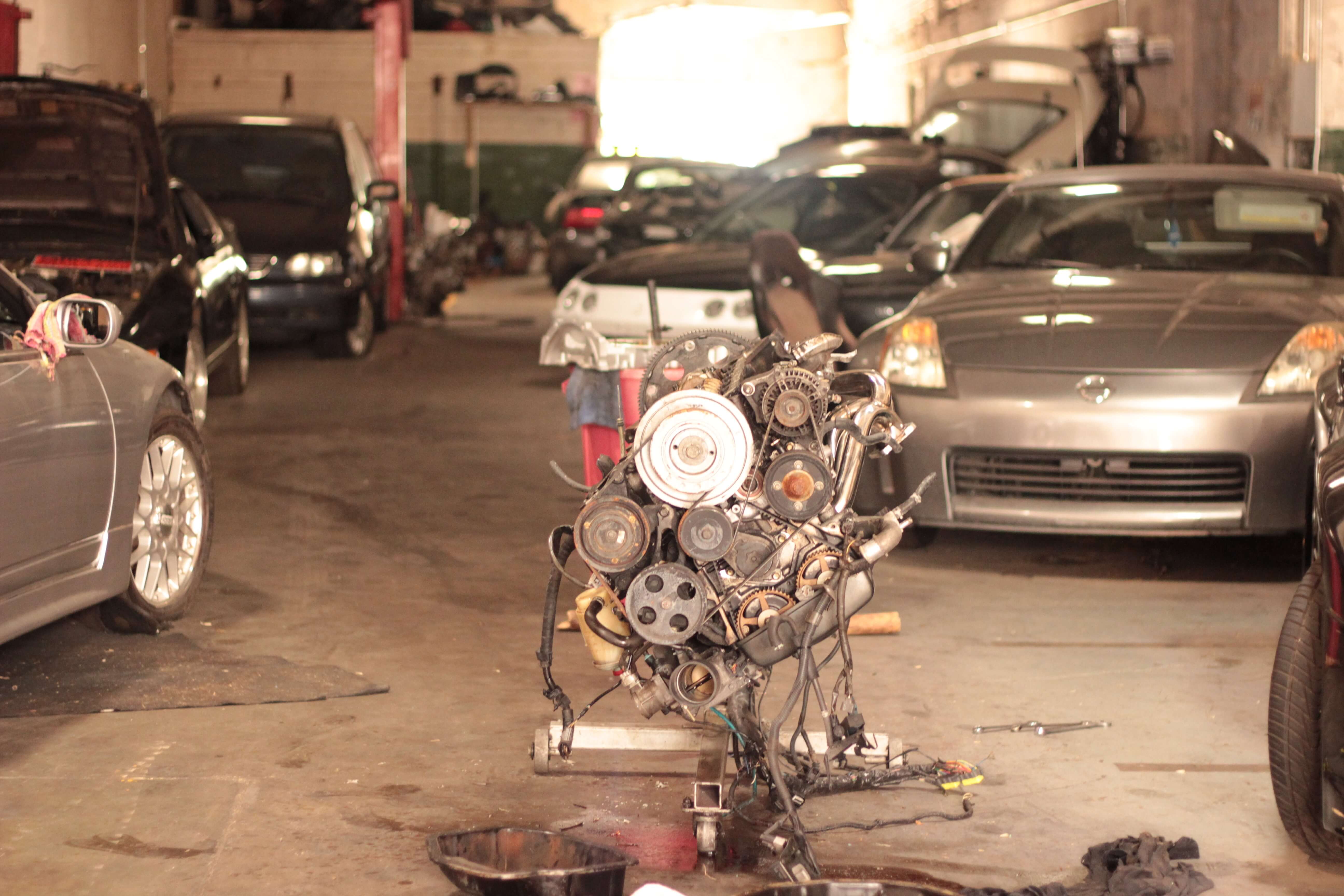It wasn’t all that long ago that truck drivers were paid competitive wages and offered benefits for doing their jobs. But in recent decades, a job that once provided stability and a comfortable paycheck has become much more trying for truckers.
When the trucking industry was deregulated in the 1980s, there was a rise in the number of trucking companies, leading to an increased demand for drivers. That need for more drivers has been a pox upon the trucking industry virtually ever since, and it shows no signs of letting up anytime soon. The American Trucking Associations says that the industry is currently short about 48,000 drivers. By 2025, that number will rise to approximately 890,000 drivers.
Ask a commercial driver who has been working a big rig for a long period of time and they will tell you how much times have changed. In many ways, drivers feel as though they are under siege, either through regulation or by the companies that find more and more ways to save the money they pay some of their hardest workers.
The changes in the trucking industry are important to everyone who shares the road with tractor-trailers. The fact that the industry is in limbo is a big concern for all of us.
Truck Driver Pay Isn’t Keeping the Pace
The trucking industry has been struggling to retain the number of drivers that they need in order to meet shipping demands. While the industry refers to this as a shortage of drivers, many labor experts also believe that it is really a shortage of truck driver pay. Workers that used to gravitate toward the role of a truck driver are finding other sectors that offer more pay, or at least similar pay for more optimal working conditions.
Truck drivers spend long stretches of time away from their homes and families. Unless adequate pay entices those workers to get behind the wheel of an 18-wheeler, they will find other sources of income. This means that the current workforce is stretched thin. Truck drivers are increasingly being hired as independent contractors, which means they lack the benefits that they used to enjoy and end up footing the bill for downtime.
Self-driving Trucks are on the Horizon
Though not an immediate threat to those who choose truck driving as a profession, the possibility of self-driving trucks is an ever-present entity in the trucking industry. While many believe that the automated trucks of tomorrow will have a human being in the vehicle to oversee and intervene in case of an emergency, the possibility of self-driving trucks raises a number of questions that remain unanswered.
Now that companies are throwing their hat into the automated truck ring, the recent fatal crash involving the Tesla Autopilot system has also raised major concerns about the effectiveness and safety of a human operator taking over from an automated system. Until this technology is truly road-ready, it will remain a big question mark in terms of its impact on road safety and trucking labor.
Many Regulations Currently loom Over the Trucking Industry
A number of regulations have been hanging over the trucking industry in recent years. Electronic logging devices are slated to be mandatory on all trucks. Speed limiters are expected soon. These devices are promoted as being a boost to road safety by slowing trucks down and holding drivers and companies more accountable for hours spent on the road and for traveling too fast. However, many in the industry, including drivers, are concerned that these devices could cause more problems than they fix.
Some drivers feel as though logging devices are a way to shift blame for violations onto them, and there have been many concerns (and lawsuits) over how the information from these devices is used to harass and intimidate drivers behind the wheel. Likewise, many drivers are concerned about the implementation of speed-limiting devices, which inhibit the ability of a truck to exceed a predetermined speed. Some safety advocates say these devices will improve road safety, but others are concerned that speed limiters will limit the ability of a driver to be as flexible and adaptable as they need to be in order to avoid causing traffic congestion. Yet another concern with speed limiters is that they create large speed differentials with other vehicles on the road, which increases the likelihood of collisions.
Trucker Health and Sleep Apnea
One of the biggest challenges for truck drivers is maintaining a healthy lifestyle. Driving a truck means being sedentary for long periods of time. Eating healthy while on the road is difficult. It’s easy to see why truck drivers, when compared to the average worker in the United States, have twice the rate of obesity and diabetes. Sadly, they are also twice as likely as all other workers to not be covered by an insurance plan.
These less-than-optimal conditions set the stage for the high rate of sleep apnea among truck drivers. The FMCSA says that close to one-third of commercial truck drivers have obstructive sleep apnea, a condition that affects the quality of sleep and diminishes daytime alertness, among other health concerns. One report found that truck drivers with sleep apnea are five times more likely to be involved in vehicle crashes.
These issues represent some of the greatest obstacles in the path of the trucking industry. As long as there is a demand for shipping, these companies will no doubt find a way to meet it, but the price is being paid by those who are behind the wheel. The fact that we all share the road with them means that we, too, have a vested interest in these struggles.
There will be many changes to come for the trucking industry in the years ahead. Unless those in charge find a way to keep these drivers healthy, happy and better-taken care of, many of the problems mentioned above will only get worse.
Read More:






















